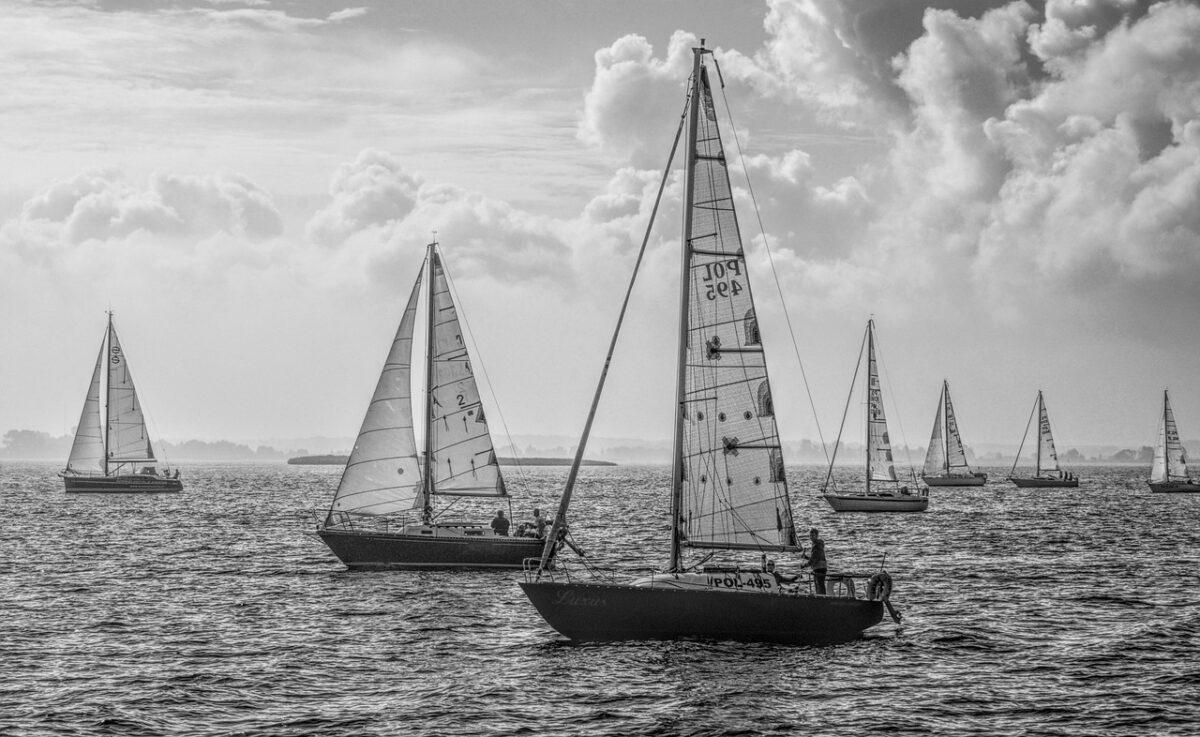On December 21, Phileas Fogg, the protagonist of Jules Verne’s classic “Around the World in 80 Days “, won his 20,000 pounds sterling bet and managed to circumnavigate the globe in the time allotted. A day that fans of the book celebrate as “Phileas Fogg Win a Wager Day”, and that we take as an opportunity for a little food for thought. IMAGE: JanSvo for Pixabay
Phileas Fogg Win a wager day vs. Slow Travel
With today’s means, a circumnavigation is not only much easier, but also much faster than it was “back then”. The record is 31 hours and was set by the Concorde in 1955. But of course, this has nothing to do with sustainable travel and certainly nothing to do with slow travel. So why are we writing about it?
I think the time pressure of 80 days, as well as the sheer size of the undertaking, are good metaphors for a dilemma we might still face when traveling. The limited nature of our precious free time and the urge to see as many places as possible and maximize our experiences there. A dilemma that, in turn, can lead to a trade-off between environmental impact and perceived lost time. Do you travel by train, which is more CO2 friendly but takes a day out of your vacation, or fly there? Do you spend a few days and move on, or stay longer and support the local economy as a slow traveler?
You can probably guess our answer and read more about it in blog posts like the one about slow travel. But in the spirit of this “holiday,” we encourage you to pause for a moment and realize that there is no bet or race to win, that there is beauty in the journey and what opportunities modern times offer as well as the responsibilities that come with them.
For inspiration on slow train journeys through Italy and Thailand, check out these blog posts:
Italy by rail: New trains from 2024 to encourage sustainable travel




